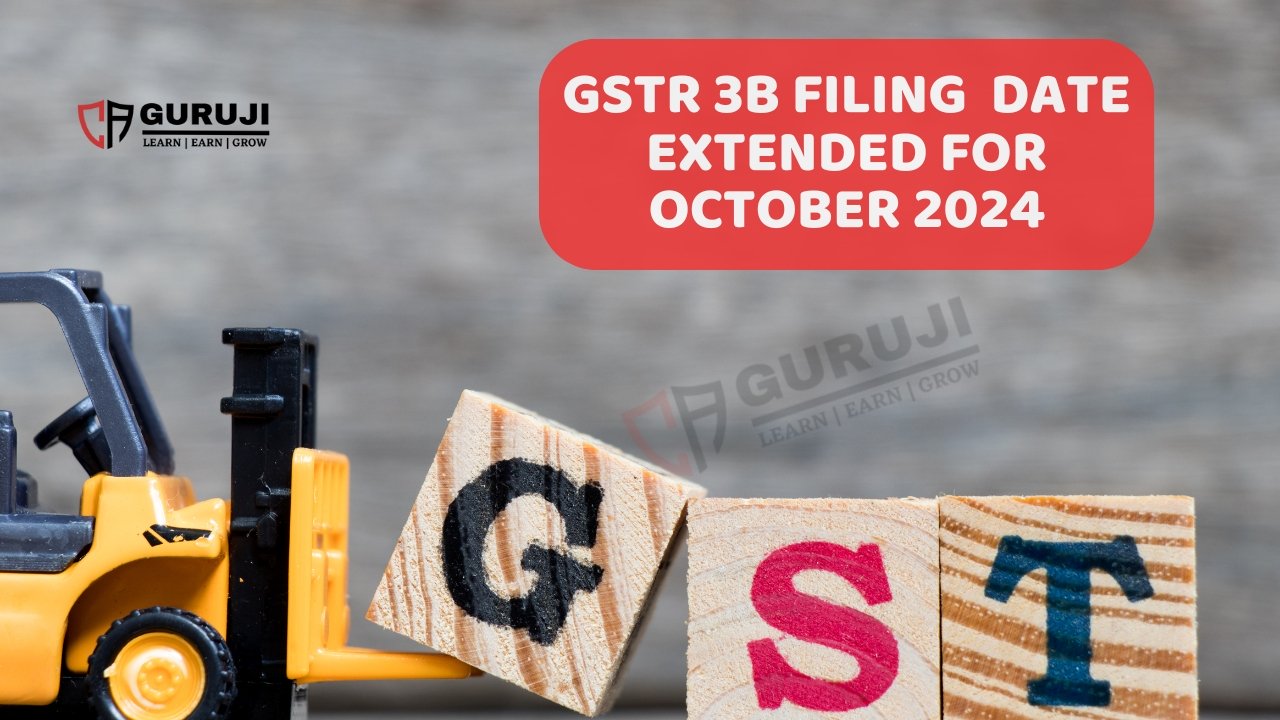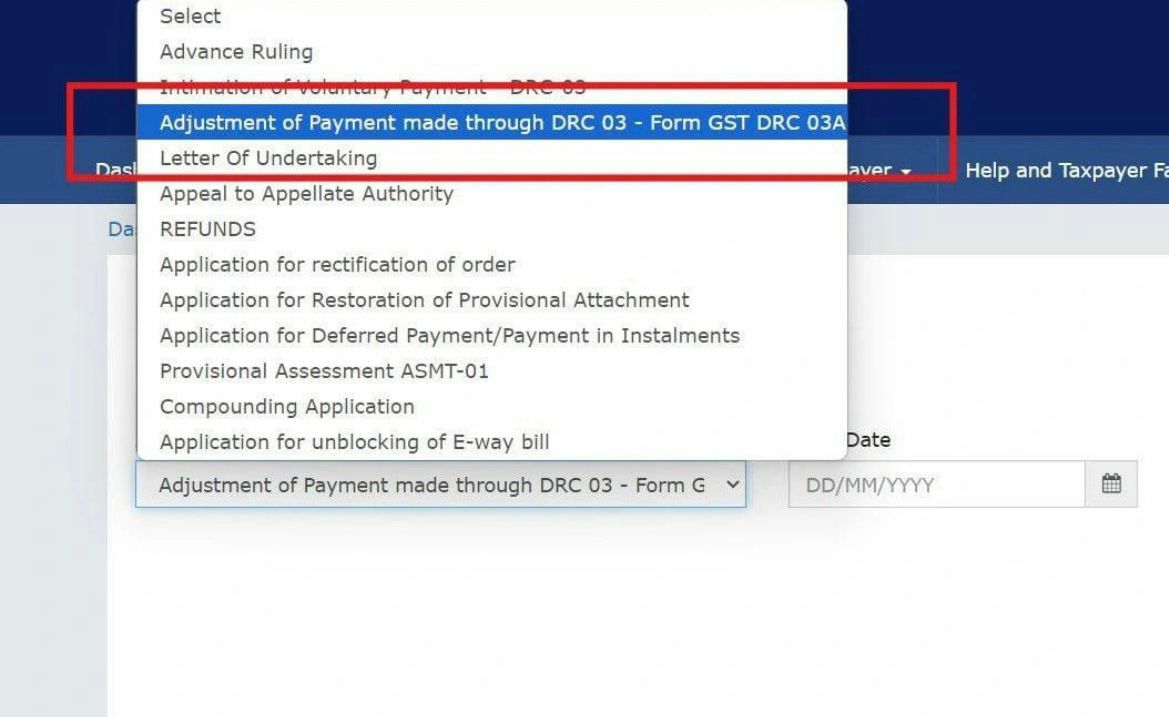The Central Board of Direct Taxes (CBDT) has reportedly launched a probe into foreign remittances exceeding Rs 6 lakh in a bid to uncover tax evasions. The tax authorities are scrutinising these high-value transactions to ensure accurate income reporting by individuals and businesses.
“This investigation into outward remittances reflects the government’s priority to ensure compliance and prevent tax avoidance. Reports indicate that the initiative was prompted by cases where forex remittances were inconsistent with individual declarations and tax collection at source (TCS),” says Experts
Notices to be sent
Under the Liberalised Remittance Scheme (LRS), a 20 per cent tax collected at source (TCS) applies, and individuals must also disclose their income source.
“Individuals remitting over Rs 6 lakh abroad may receive notices to justify the source and confirm proper tax payment,” says experts
Tax officers will scrutinise Form 15CC.
“Field formations have been instructed to verify Form 15CC, a quarterly disclosure statement that details these remittances, which has been collected since 2016. The goal is to create a list of high-risk cases based on data from the financial year 2020–21 onwards, with a deadline for initial notices to be issued to those with undeclared income set for December 31,” says experts
‘Jugaad’ may land you in trouble
Authorised dealer banks currently collect TCS on remittances over Rs 7 lakh.
“However, some taxpayers approach multiple banks to avoid TCS. The CBDT aims to analyse Form 15CC data to catch those escaping TCS and not declaring adequate income,” says experts
The Annual Information Statement (AIS) records various financial transactions, including overseas expenditures and remittances.
“A mismatch between declared details in the Income Tax Return (ITR) and the AIS data may lead to the tax department flagging the discrepancy and requesting an explanation,” says experts
What should you do?
Maintain detailed records of foreign remittances, including purpose, amount, and beneficiary details.
“Keep receipts, invoices, bank statements, and other relevant documents to substantiate your reported income and expenses,” says experts
To avoid scrutiny or penalties, accurately report all foreign transactions to match the records with the tax authorities. “Declare all income sources accurately in your tax returns,” says experts
Savan advises taxpayers to avoid splitting payments across multiple banks to evade TCS.
For those who have travelled abroad and used their credit, debit, or forex card, purchased goods or services from foreign websites, sent remittances abroad, or bought foreign currency, experts recommends that they reconcile the data captured in their Annual Information Statement (AIS) with their actual transactions.
Foreign currency purchases: Transactions totalling Rs 10 lakh or more in a year are reported via SFT
International credit cards: Exempt from TCS; banks report all LRS-related remittances, even if TCS is not collected
Forex/international debit cards: Transactions under LRS, with TCS at 5% for medical/education and 20% for other cases over Rs 7 lakh per year
Visit www.cagurujiclasses.com for practical courses











